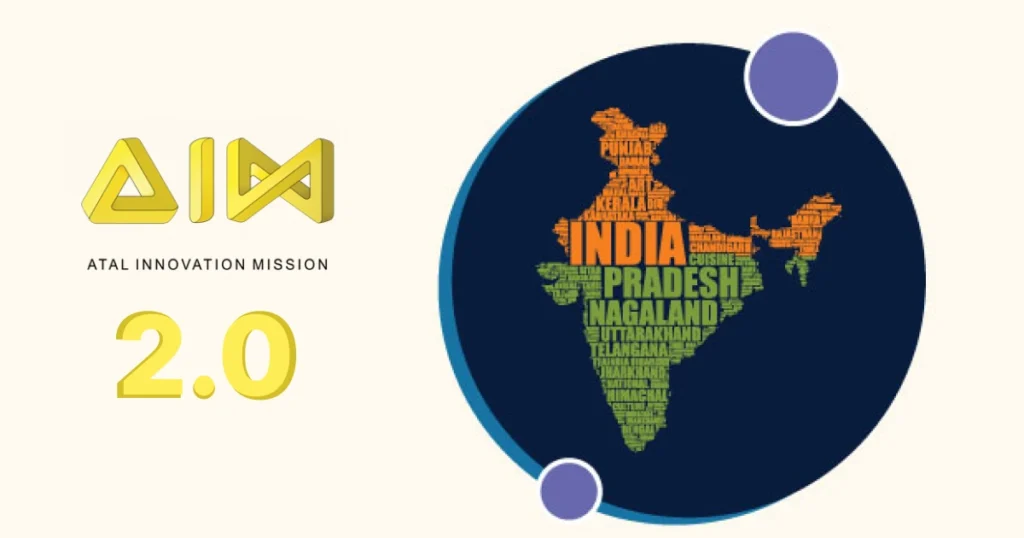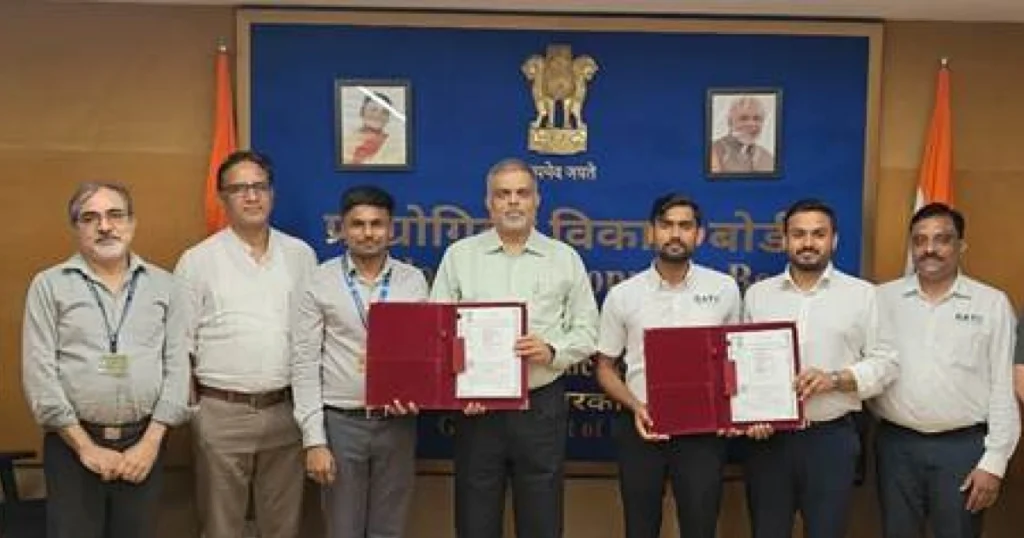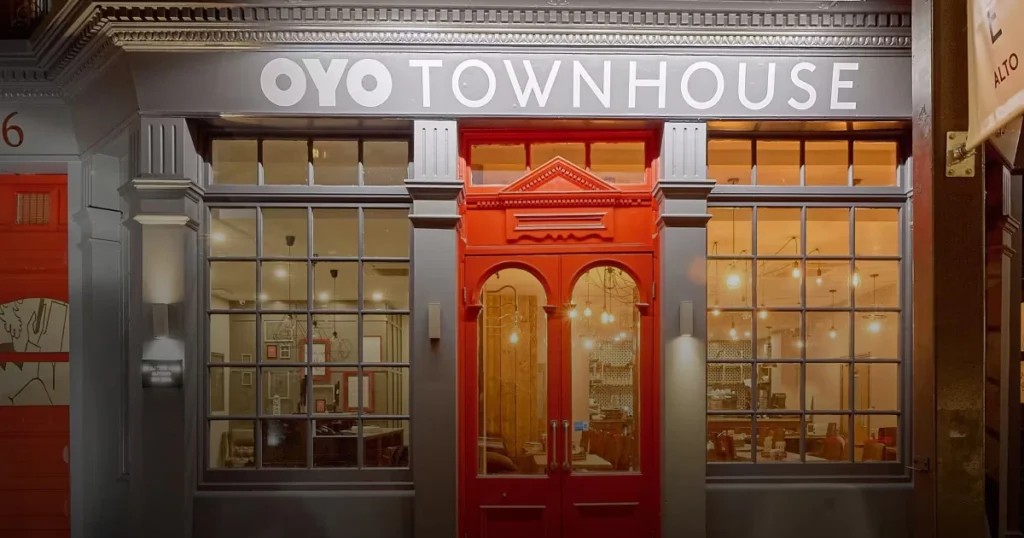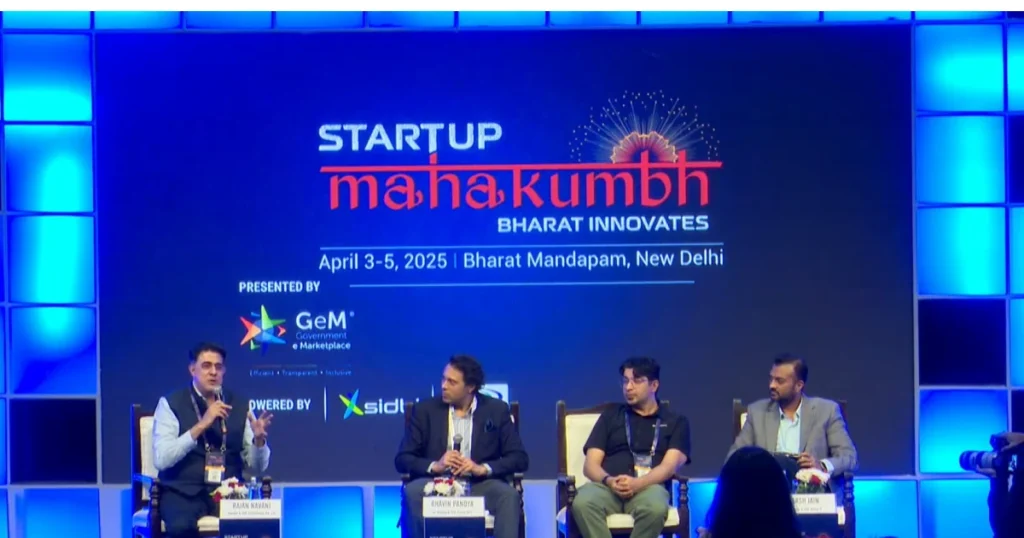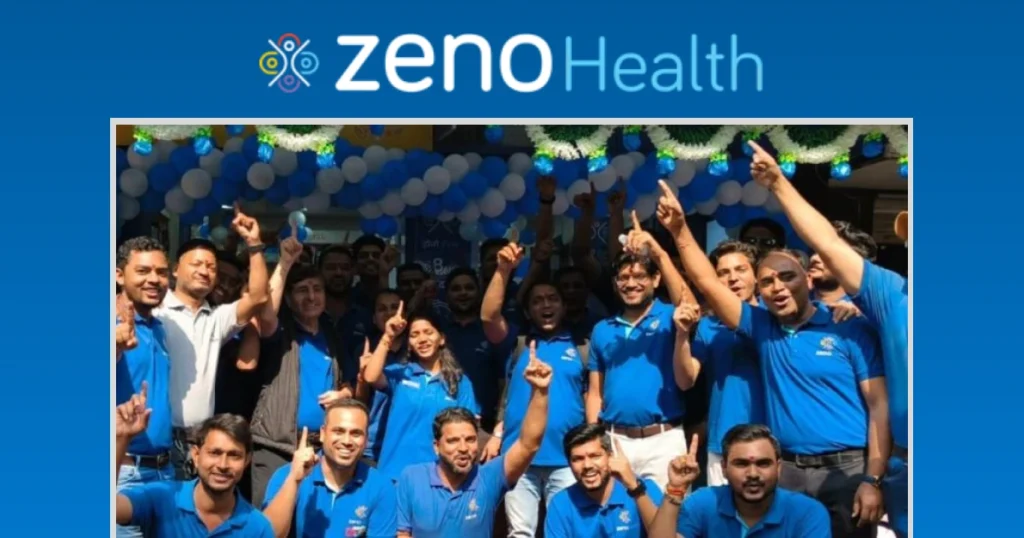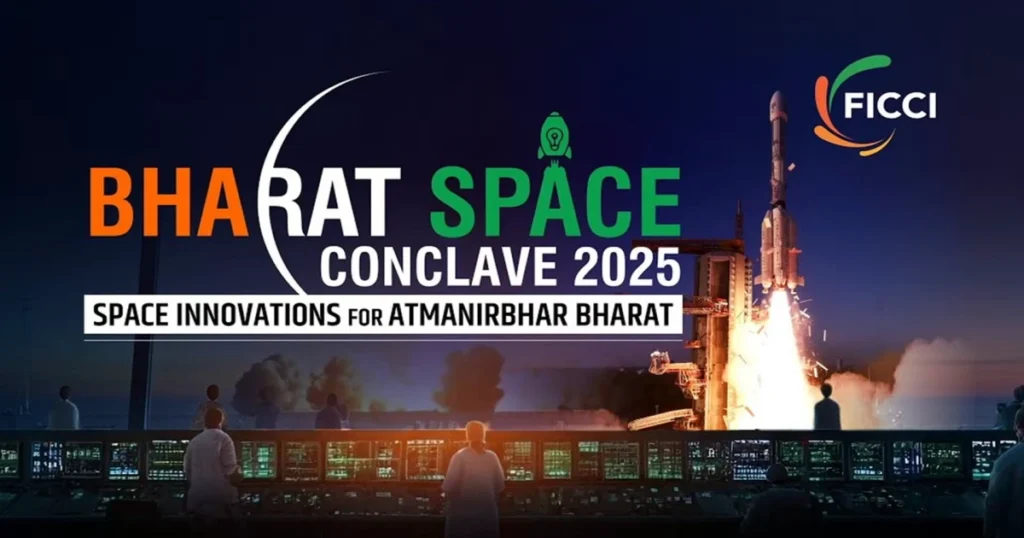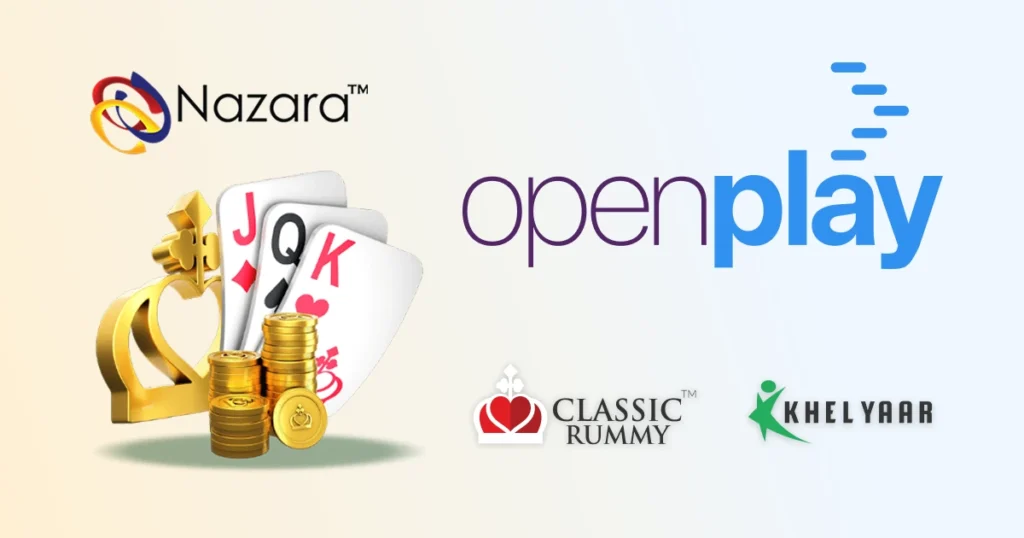The Union Cabinet has given the green light to the second phase of the Atal Innovation Mission (AIM 2.0) under NITI Aayog, extending its scope and allocating a budget of INR 2,750 crore until March 2028.
This move is set to bolster India’s innovation and entrepreneurship ecosystem, with a focus on job creation, startup growth, and delivering higher-quality outcomes.
Announcing the decision, the government emphasized India’s rising stature on the global innovation map, ranking 39 on the Global Innovation Index and hosting the world’s third-largest startup ecosystem.
AIM 2.0 aims to further enhance the country’s global competitiveness through new initiatives and regional support.
New Initiatives Under AIM 2.0
Several innovative programs will address critical gaps in the startup ecosystem. The Language Inclusive Programme of Innovation (LIPI) will establish 30 vernacular innovation centers to empower non-English-speaking innovators.
Additionally, the Frontier Program plans to create 2,500 Atal Tinkering Labs in underserved regions such as Jammu and Kashmir, the North East, and aspirational districts.
Deeptech innovation will also receive a significant push with the introduction of the Deeptech Reactor, a research sandbox for advanced technology exploration.
Furthermore, 10 industry accelerators in critical sectors will be established through public-private partnerships to strengthen sector-specific innovation.
To foster regional innovation, state governments will receive assistance via the State Innovation Mission to establish regional hubs.
International collaborations are also on the agenda, with initiatives like the Global Tinkering Olympiad and bilateral partnerships promoting India’s innovation models globally.
Scaling Proven Models
Building on its successes from the first phase, AIM 2.0 will prioritize scaling its tested models, including expanding Atal Tinkering Labs and incubation centers, fostering regional innovation, and increasing industry participation.
AIM’s first phase, launched in 2016, saw over 10,000 Atal Tinkering Labs and 69 Atal Incubation Centres operationalized across the country.
In 2020, AIM collaborated with NASSCOM to roll out an AI-based educational module for school students, benefiting over 2.5 million learners associated with Atal Tinkering Labs.
Strengthening India’s Innovation Ecosystem
With a focus on bridging regional and sectoral gaps, AIM 2.0 is expected to build a robust foundation for innovation-driven growth.
The program’s emphasis on deeptech, vernacular innovation, and global collaboration positions India to advance as a global leader in innovation and entrepreneurship.
This approval marks another step in India’s journey to foster a culture of innovation and scale its startup ecosystem, aligning with the country’s broader economic and developmental goals.


